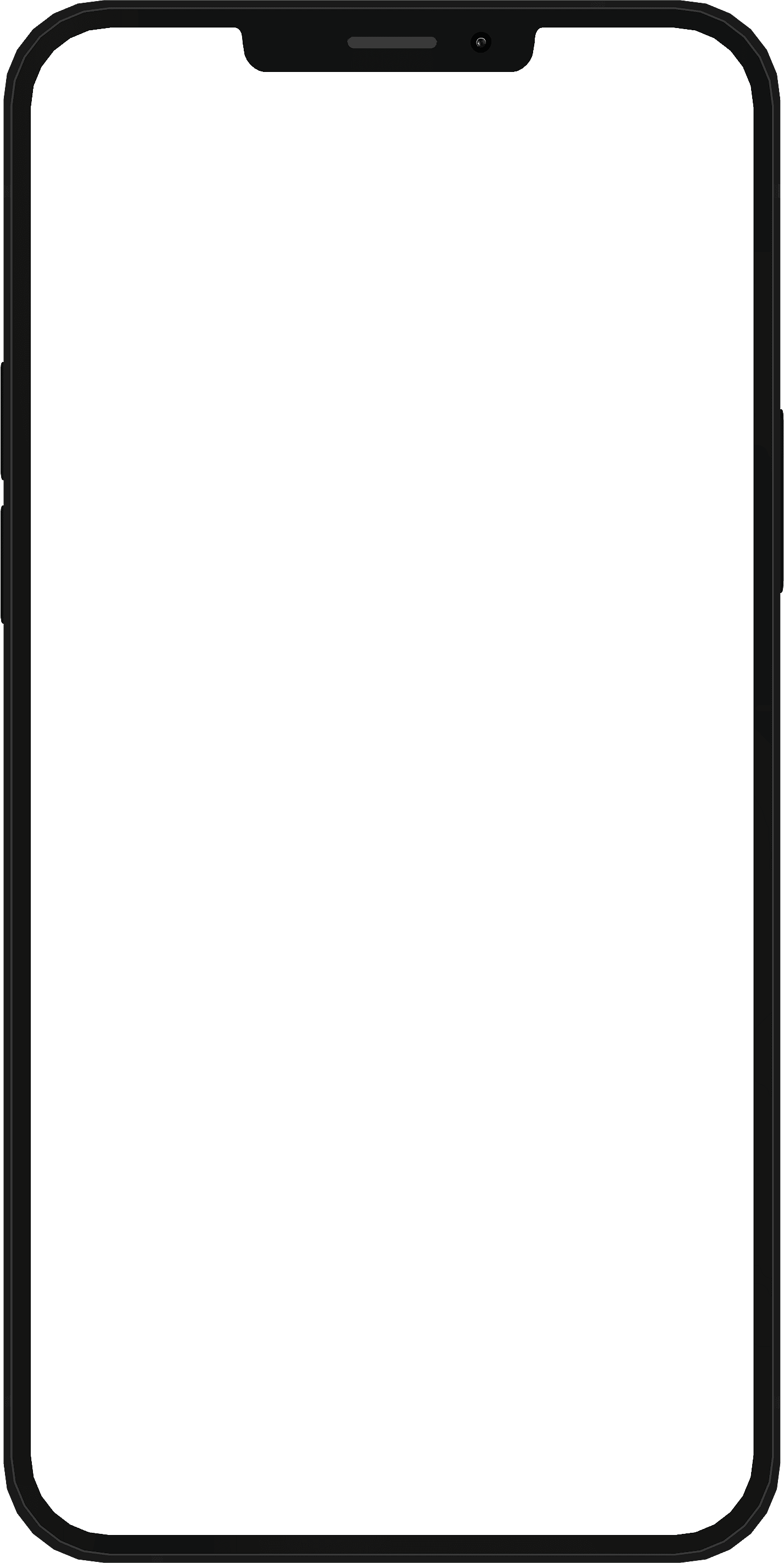What are futures
Futures are an investment tool that allows you to buy or sell a particular commodity or financial instrument at a predetermined date and price.
Trade futures with Tiger Trade
Strictly regulated by Hong Kong SFC
Being licensed by the SFC for Type 2- Dealing in Futures Contracts, legally providing futures brokerage services to our clients.
Access to a wide range of assets
Trade in a variety of assets including gold, crude oil, agricultural products, indices, forex, individual stocks, government bonds, interest rates, etc., allowing easy global asset allocation.
Practical trading tools
Multi-period comparative analysis
More sensitive trading signals to help you determine long-term and short-term price trends and make more comprehensive and accurate investment decisions.
Sign upFlash order
Increase trading efficiency, execute trades instantaneously in rapidly changing markets, reducing the risk of price slippage.
Sign upAll you need to know about investing
Enhance your investment capabilities and discover investment opportunities with 24/7 futures news, and market insight webinars.
Pricing
Go forth on your investing journey
FAQs
What is a futures contract?
Buying or selling a futures contract means you agree to purchase or sell a specific quantity of a commodity or financial instrument at a predetermined price, with the delivery time depending on the contract you trade. Please note that Tiger Trade currently does not support physical delivery, Physical contracts need to be closed before the first notice day or the last trading day (whichever comes first). For non-physical contracts, they need to be closed before the last trading day.
What are the benefits and risks of futures trading?
However, futures trading also carries risks. Market risks due to global economic conditions, policy changes, supply and demand relationships, etc., may cause price fluctuations, which can lead to investment losses. While leverage can amplify returns, it can also lead to losses exceeding the original investment when the market trend is unfavorable.
What are the margin requirements for futures trading?
Mobile: 'Quotes - Futures' - select a contract - 'Contract Details'
Desktop: 'Quotes - Futures' - select a contract - 'Contract Details'

What is a main contract?
What happens when a futures contract expires?
- Cash Settlement Contract: You must close your position on or before the last trading day, otherwise you may face a forced system closeout.
- Physical Delivery Contract: Tiger Trade does not support physical delivery, in this case, you need to close your position before the first notice day or the last trading day.
Is the fund transfer from a Tiger Trade securities account to a futures account Instant?
What types of futures contracts can I trade?
What are contango and backwardation in futures?
- Contango: This refers to the situation where the futures price is higher than the spot price, also known as "positive basis". Contango may be caused by various factors, such as the expectation of future supply and demand relations pushing spot prices, or holding costs (such as storage, insurance, and interest) added to the spot price.
- Backwardation: This refers to the situation where the futures price is lower than the spot price, also known as "negative basis". Backwardation usually occurs when the market has a lower expectation of future spot prices, or when a futures contract is nearing delivery.
Please note, the state of contango or backwardation does not presage market trends but reflects the market participants' expectations of future prices.
Please note that the status of premium and premium does not indicate the market trend, but the expectation of market participants for future prices.
Can I trade futures on weekends?
How can I check the futures contracts I hold on Tiger Trade?
Why can't I trade certain futures contracts?
Can I use leverage?
Futures contracts are traded in the form of margins. Users only need an initial margin that is a certain percentage of the contract value (usually around 10%, but the margin ratio is less than 50%) to trade. The exchange settles the users' position contracts once a day. Users whose margin amounts do not meet the requirements are required to provide additional margin. Tiger Brokers may require a higher margin for overnight contracts.
